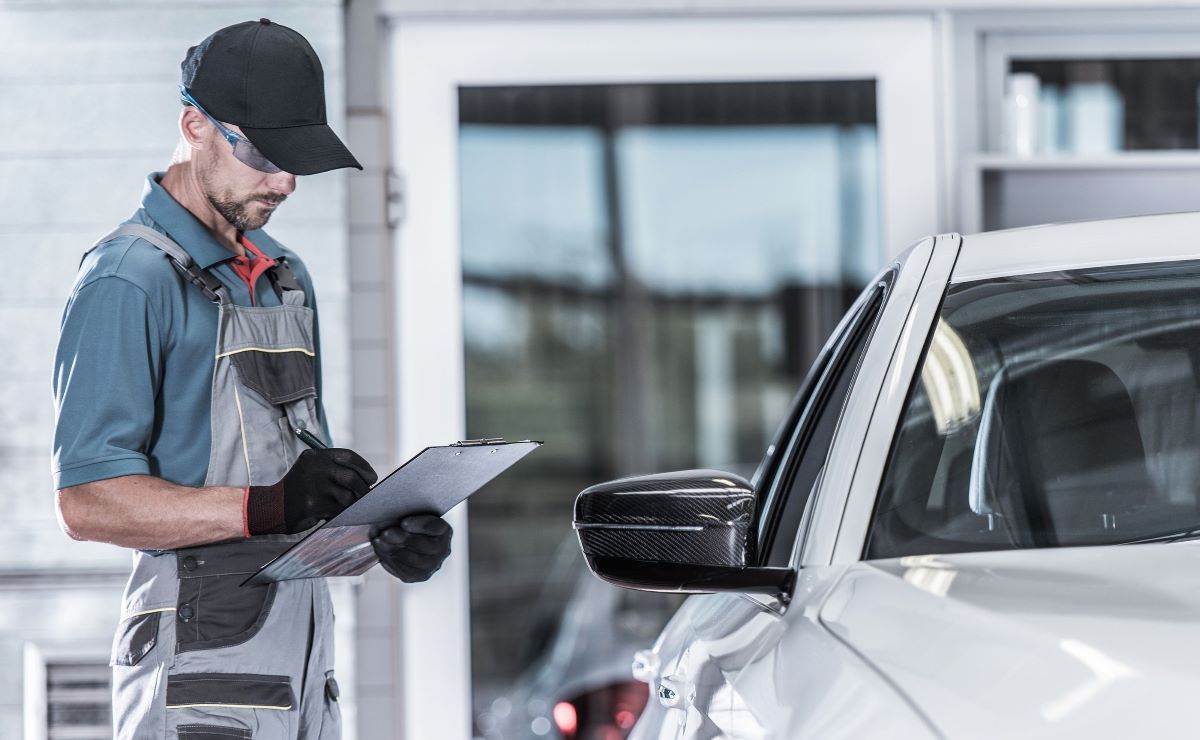PROPOSALS to lengthen MOT intervals could hit motorists in the pocket and result in over 2.5 million vehicles on the roads with dangerous defects.
BookMyGarage.com said that last year, of the 30.25 million Class 3 and 4 MOTs conducted in the UK, nearly a third (30.23%) of vehicles – around 10 million – failed their MOT first time.
Karen Rotberg, Co-founder of BookMyGarage.com, said: “The counterproductive measure will see motorists paying more for their car maintenance and increase danger on the roads.”
While nearly a third of vehicles failed the MOT the first time, even more worryingly nearly one in 10 (8.49%) of vehicles failed the test on at least one dangerous item. By relaxing the MOT interval to every two years, up to 2.57 million cars and vans will be on the roads with dangerous defects.
It is not uncommon for vehicles to fail MOT tests on safety critical components. DVSA data shows approximately 7% of vehicles fail on brake defects, a further 7% on tyre defects and 10% on suspension defects.
Rotberg said: “This could be genuinely dangerous for drivers, cyclists and pedestrians and we would be seeing cars on the roads with serious defects. And when it comes to the cost of living, this proposal won’t help at all.
“Having your vehicle checked less regularly is akin to putting off visiting the doctor and just like with healthcare issues, things can get a lot worse if you delay. In the most part, shopping around means you won’t have to pay the full £54.85, the maximum a garage can charge for an MOT, and you could avoid a costly bill by nipping it in the bud early.”
Some of the more serious defects could be very expensive to repair, yet with early intervention, the extra expenditure could be avoided. For instance, if brake pads are allowed to wear down completely, the resulting metal-on-metal contact will damage the brake discs meaning these must be replaced as well (typically costing hundreds of pounds).
Many areas of a vehicle can suffer through neglect. As well as the brakes, worn suspension components can result in uneven tyre wear and lead to premature tyre replacement. While incorrectly inflated tyres will increase fuel consumption and tyre wear.
Research by BookMyGarage.com shows 67% of motorists book services at the same time as their MOT. This means there is a high chance of many vehicle services being missed out on too, which could also lead to increased costs to motorists due to accelerated engine wear and greater fuel consumption.
A BookMyGarage.com survey of 2,000 motorists also showed 27% of motorists fail to check the condition of their tyres and 58% don’t check to see if lights are working.
Rotberg said: “We are very much in favour of ideas which ease the cost of living, we understand there is genuine hardship at the moment. But headline grabbing proposals from the government mask the fact that motorists could end up paying even more than they need to. Shopping around for the best prices locally is genuinely the best way to save money. And in the long term, having an annual MOT is vital to the cost of motoring and safety.”
Sue Robinson, Chief Executive of the National Franchised Dealers Association, called the proposal to reduce the frequency of MOT testing ill-thought-out and unsafe.
The NFDA has encouraged the Government to ‘reconsider’ Transport Secretary Grant Shapps’ rumoured proposal to move to biennial MOT testing.
Robinson said: “The NFDA is also deeply concerned that this proposal has been raised without prior consultation with the industry. The suggested move fails to take into account the investments franchised dealers have made in their equipment, workforce and facilities to provide drivers with an efficient and good value service.
“Additionally, the change would affect business confidence at a time when dealers and repairers alike are already facing a number of challenges as they recover from the pandemic and adapt to meet the Government’s ambitious Net-Zero targets.
“An MOT is the best way to identify minor issues before they become serious problems, which are often more expensive to fix. The change would significantly increase the risk of defects in vehicles and have a detrimental impact on road safety as well as on motorists’ finances in the long term.
“Instead of reducing the frequency of MOT testing, we encourage the Government to review current road tax rates. This will bring immediate benefits to millions of motorists without hindering road safety”.







Leave A Comment